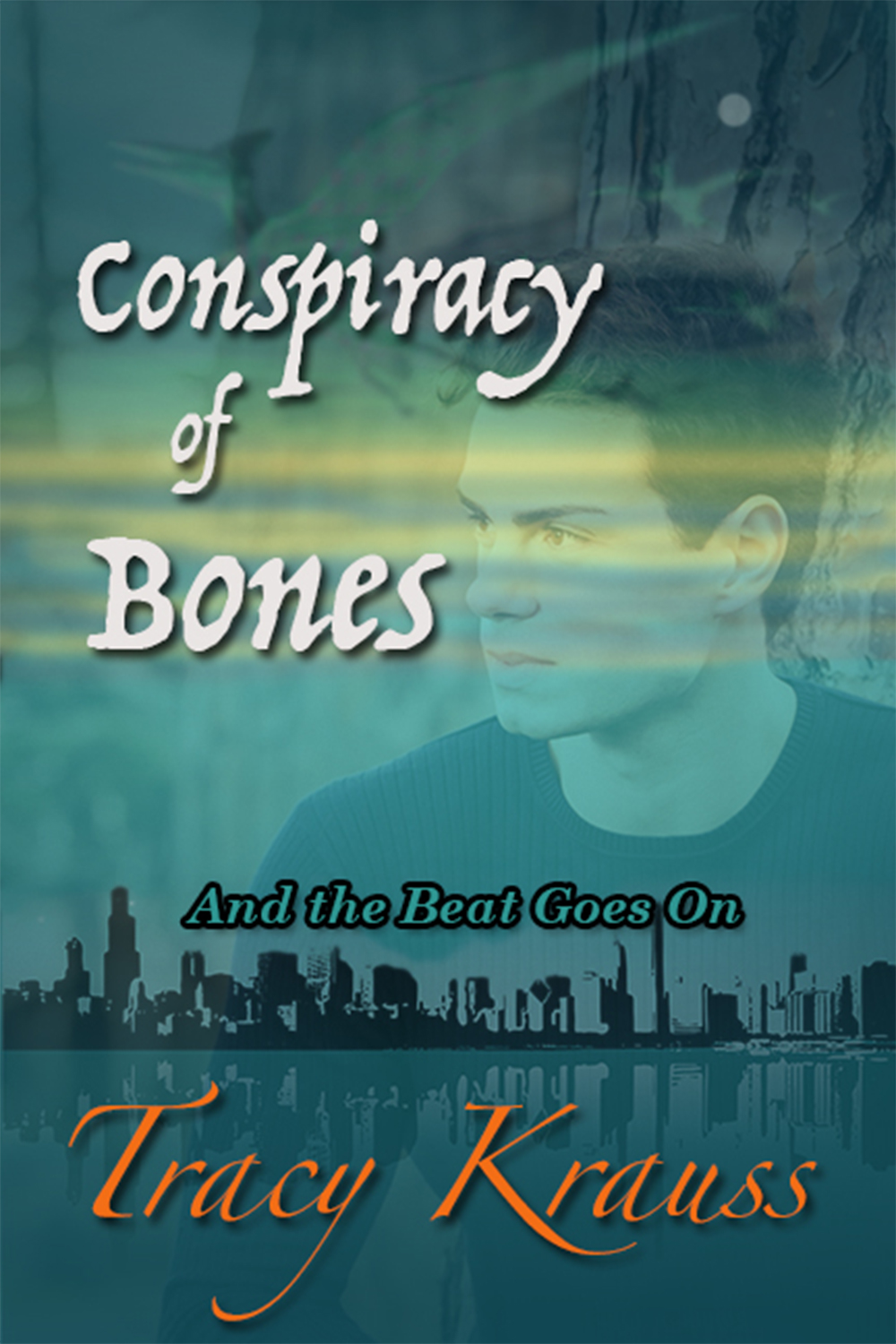 At a recent conference, the keynote quoted C.S Lewis’s “Eight Rules for Writing” – inspiration that he purportedly sent to an aspiring young writer friend. While some of the technology might be outdated, the basic truth behind each one still stands. What I love most about these nuggets of wisdom is that they transfer to life in general – not just writing. Enjoy (along with my own comments in italics.)
At a recent conference, the keynote quoted C.S Lewis’s “Eight Rules for Writing” – inspiration that he purportedly sent to an aspiring young writer friend. While some of the technology might be outdated, the basic truth behind each one still stands. What I love most about these nuggets of wisdom is that they transfer to life in general – not just writing. Enjoy (along with my own comments in italics.)
- Turn off the radio. Or netflix, or facebook, or… there are so many more distractions now than there were then, but this one still stands up. Turn IT off!
- Read good books and avoid most magazines. I suppose we could change this to “Read good books and avoid too many blogs,” or something similar. I think the gist of this meant that time is precious and if you’re going to spend it reading, don’t bother with fluff, gossip, unverifiable nonsense, or people ranting on soap boxes of their own design.
- Write with the ear, not with the eye. Make every sentence sound good. I like this one. Tune in to ALL the senses, not just when writing but when LIVING.
- Write only about things that interest you. (Curiosity and creativity go hand in hand) More good advice. (Of course.) People tend to focus on what they truly enjoy. if it’s a chore, ditch it and move on to something you are passionate about.
- Be clear. Readers can’t know your mind. Tell them what they need to know to understand you. How about when speaking, too? Trying to be a mindreader has resulted in too many misunderstandings.
- Save odds and ends of writing attempts because you may be able to use them later. This is practical. You just never know when inspiration will hit or when you will want to revisit something you scrawled on a napkin.
- Develop a well trained sense of work rhythm. I think he’s talking about being disciplined. I know first hand that when left to my own devices I can waste a lot of time. If we paid as much attention to our writing (or whatever else you’re passionate about) by scheduling in time to do it, we’d be further ahead. (Refer back to #1 – turn off the TV!)
- Know the meaning of every word you use. Use rich words but don’t become pretentious or distracting. You can overdo it. Ha ha! I had to laugh at this one. have you ever met someone who loves to use big words – and uses them incorrectly? It’s terribly embarrassing – for both them and you. if you correct them, you end up sounding like a big jerk – the pretentious person you are trying ot help. But if you don’t,… well, it means they may go on embarrassing themselves. what’s a good friend to do?! Nowadays, with dictionaries and thesauruses at our fingertips, some people tend to insert big words as a sport. My rule is, if I can’t actually use it in a real context, I avoid it.
Hope you enjoyed!

 At a recent conference, the keynote quoted C.S Lewis’s “Eight Rules for Writing” – inspiration that he purportedly sent to an aspiring young writer friend. While some of the technology might be outdated, the basic truth behind each one still stands. What I love most about these nuggets of wisdom is that they transfer to life in general – not just writing. Enjoy (along with my own comments in italics.)
At a recent conference, the keynote quoted C.S Lewis’s “Eight Rules for Writing” – inspiration that he purportedly sent to an aspiring young writer friend. While some of the technology might be outdated, the basic truth behind each one still stands. What I love most about these nuggets of wisdom is that they transfer to life in general – not just writing. Enjoy (along with my own comments in italics.)
I suppose in Lewis’ day having the radio on might mean having people speaking, or singing, depending on the time of day. I find when I write that I can’t have music on with vocal tracks- the lyrics can be distracting. So I have film score music or classical music on.